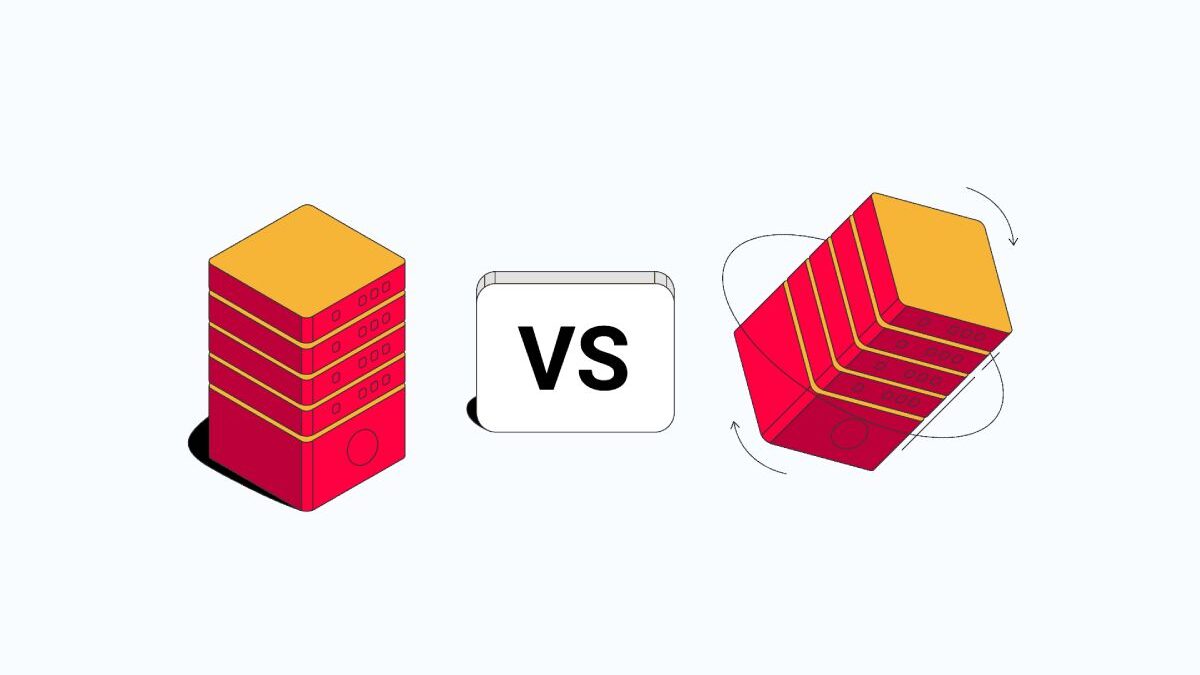Static Proxies vs Dynamic Proxies
Proxies have been some of the best tools for improving cybersecurity and keeping our data safe while browsing the internet. Many new types of proxies have emerged over the years, fulfilling individual and business requirements. Since the market is expanding, you may wonder which server to use to protect your device.
Table of Contents
What is a static proxy?
A proxy server acts as an meditor between you and the hosting servers of the websites you visit by changing your original internet location.
Static proxies have a unique IP address that doesn’t change. They can assign you a new, fixed IP address to browse the internet, meaning you will have a new IP to surf safely or scrape data.
What is a dynamic proxy?
On the opposite side of the spectrum, we have dynamic proxies. You can use these proxies to make multiple HTTP requests from different sources to hide your online identity successfully.
These proxies will give you multiple IP addresses simultaneously, and you can choose from different locations. These proxies will allow you to change your IP address frequently, making you invisible to third parties on the internet.
The differences between static and dynamic proxies
Aside from the number of IP addresses, static and dynamic proxies differ in many other fields. For example, dynamic proxies may slow down your internet connection due to frequent location changes; thus, static proxies may be a better choice if you want fast connections.
Moreover, dynamic proxies may be more secure because you can switch between different locations. On the other hand, static proxies will give you a fixed address that third parties may access. However, static proxy servers are easier to manage because you only have one IP address.
Besides protection and numerous other benefits, these two proxies differ in almost all features.
Pros and cons of static proxy servers
Every proxy server has its advantages and disadvantages. If you want to choose the perfect proxy, check out some of the pros and cons of static proxies.
Pros
- Reliability – static proxies are reliable security-wise because they use a fixed IP address.
- Speed – static proxies won’t slow down your internet speed because they only use one IP address at a time.
- Compatibility – static proxies are compatible with various applications, websites, and protocols, making them excellent for any network.
- Pricing – these proxies are affordable, and you can find them easily. They are suitable for anyone’s pocket.
Cons
- Anonymity – static proxies might expose you to cyberattacks because you only have one IP address;
- IP access – you will have limited options when selecting your IP address.
- Detection – websites could easily detect your activity and block your IP address, preventing you from accessing its content.
These proxies have another version: static residential proxies (view site for more info.)
Unlike static or dynamic proxies, static residential proxies use IP addresses from internet service providers, making them more reliable and secure than any other proxy server.
Pros and cons of dynamic proxies
Similarly to static proxies, dynamic proxy servers have advantages and disadvantages. Here are the most notable.
Pros
- Security – since you can switch between IP addresses, you will be undetectable on the internet.
- Balancing – you can use dynamic proxy servers to make multiple simultaneous HTTP requests from different locations.
- Cost – although a bit pricier than static proxies, you can share dynamic proxies with many users, making these proxies an affordable solution.
- Blocking – because you can connect from different locations, there is less chance that someone will detect or block your online activity.
Cons
- Complexity – maintaining and managing dynamic proxies may be challenging due to the number of IP addresses.
- Latency – dynamic proxy servers may sometimes lag or cause your internet to slow down.
- Unpredictability – changing your IP address often may cause specific issues you can’t plan.
Static and dynamic proxies use cases
Static proxies are an excellent option for internet activities requiring a constant connection. These proxies’ most common use cases are web scraping, ad verification, brand protection, and online shopping.
On the other hand, if your internet activities require location changes, you can use dynamic proxy servers. For example, you can use these proxies for search engine optimization, price optimization and management, social media monitoring, and more.
Conclusion – Static Proxies vs Dynamic Proxies
In a world teeming with different proxy types, you may need help deciding which one to use. If you have been looking into static and dynamic proxies, you can now select a suitable one for your needs. Although very different, both will provide the security to gather the necessary data without issues.


